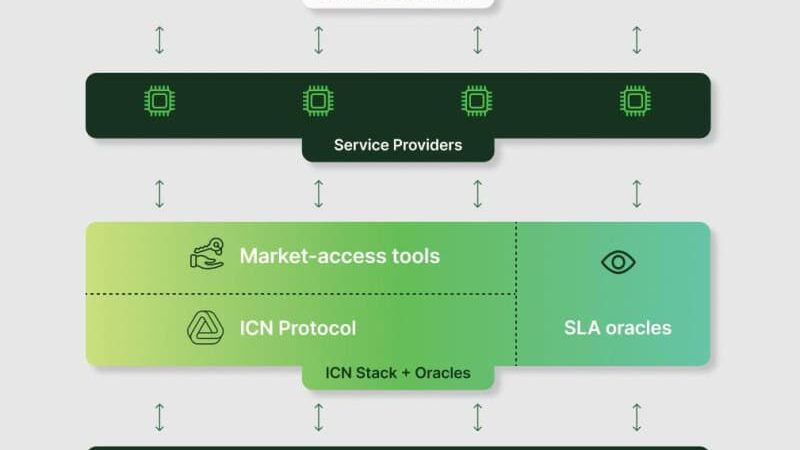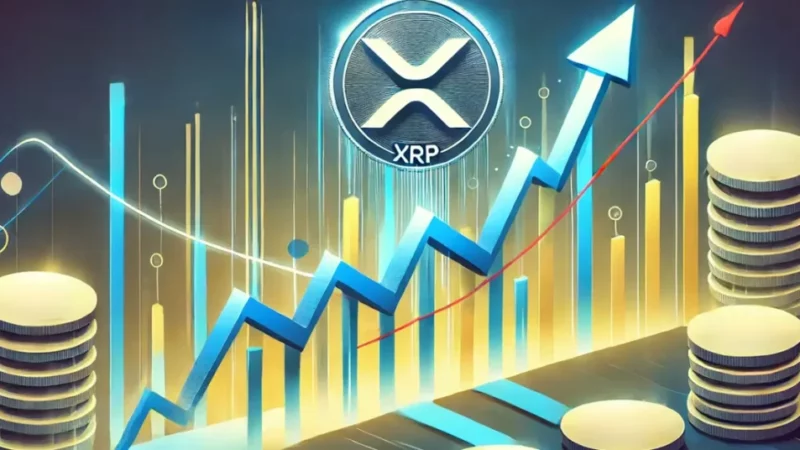5 Bitcoin and Blockchain Facts that You Should Understand


The post 5 Bitcoin and Blockchain Facts that You Should Understand appeared first on Coinpedia – Fintech & Cryptocurreny News Media| Crypto Guide
With the rising popularity of Cryptocurrency, Bitcoin, and Blockchain technology hold power to transform people’s perception of money, sales, and online personality. Check out these five bitcoin and blockchain facts that you should know.
For information about bitcoin trading, check out the website of Bitcoin Revolution to be redirected to a user-friendly crypto trading platform.
History of Bitcoin
In 2009, an anonymous person that goes with the alias Satoshi Nakamoto issued the original proof of concept for Bitcoin. His identity remained a mystery until this time, but his project gained a spot as a currency. Don Tapscott, a marketing technology expert, quoted, “Bitcoin and blockchain technology promotes colleague transactions without a third-party agent such as a bank or administering party.”
When Nakamoto Satoshi abandoned the project in 2010, developers took charge and turned the project into a free-source code that can be viewed and altered by the public. This transfer development happened following the 2008 financial crash, which made a significant doubt of the centralized economy.
What is a Bitcoin?
You’ve probably heard a thing or two about the term, but what is it exactly? Bitcoins are not a form of money; it’s part of accounting that turns into anything that you program them to be. One Bitcoin can be split up into 100,000,000 unique pieces, where each can be programmed into distinct units of capital, coins, or anything you can imagine!
There exists a published ledger of Bitcoin activities that are spread to a system of included networks. Each time, a group of actions are delivered in a section to be approved by the network before being added to the blockchain.
Utilizing a crypto trading platform allows you to produce a pre-programmed currency for a particular purpose, such as a patient’s healthcare expenses, and this currency can also be used solely for this idea through the blockchain ledger method. You can also modify the currency in a way that it terminates after a set period to avoid hoarding of resources.
How does Blockchain work?
Now that you have a basic knowledge about Bitcoin let’s talk about Blockchain – what is it? Blockchain is the foundational technology of Bitcoin. The interrelated network of servers and machines is spread and covers activities against a free, public ledger. Next, the model of the ledger can be found in each node of the blockchain system, and for each translation, all nodes must match and verify the purchase.
Certain activities are confirmed by lottery, where minders are randomly granted the experience to attach a block to the connection and establish a transaction to retrieve the Bitcoin transaction charge. This mixture of state clarity and decentralization gives blockchain the usual fool-proof monetary policy.
How are Bitcoins mined?
This public-source blockchain policy requires a huge number of miners to support the activities and defend the ledger operation’s uprightness. Miners are crowds who offer to calculate power to receive the ledger and verify transactions. Bitcoins are granted at a regular and obvious charge based on the complexity of the confirmation method. The amount of Bitcoins in distribution is publicly open and updated in real-time, along with all activity.
Bitcoin Investment
You probably learned of Bitcoins as a finance alternative. When the system needs to evolve, the computing potential required to work these difficult puzzles and verify sales was comparatively low. This means that a modest stake in calculating power to mine Bitcoins could result in an enormous profit.
Can Blockchain change the world?
We are starting to live in a world where each person’s IDs are in possession of the administration, and we trust banks and social media to keep us protected. Blockchain IDs put yourself in control. Hence, you can save all your identifications and other important information securely on the blockchain and reduce the demand for passwords – from Twitter, Skype, Instagram, Facebook, and other social media platforms. These ID services could be used for administration services, physicians and other businesses in the future.


